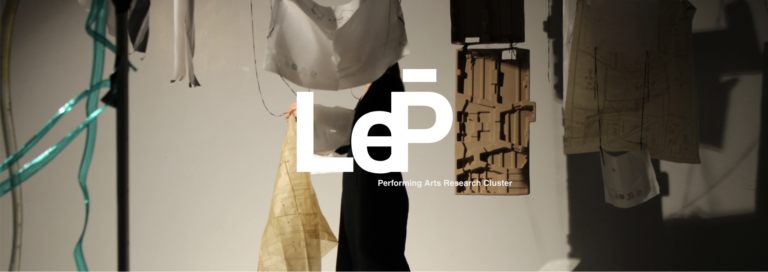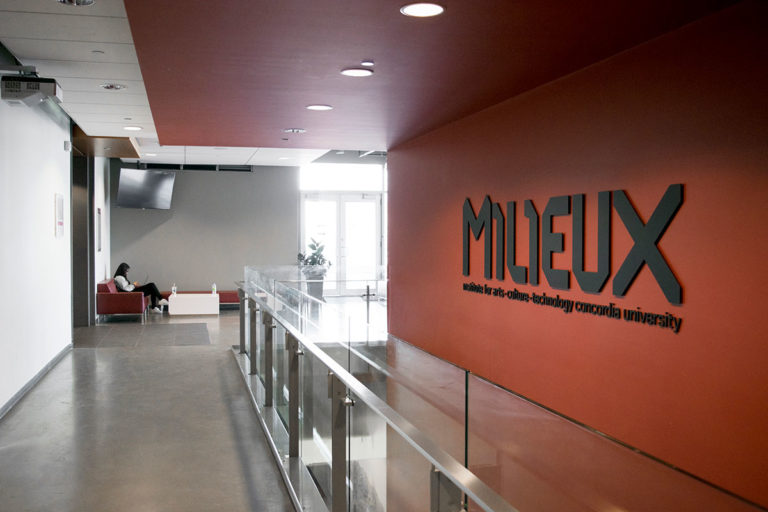The Milieux Institute is thrilled to announce our undergraduate fellowship recipients for 2020-21. This year’s cohort hails from more than five academic departments and is representative of the creative diversity and critical social engagement that bring the Institute to life. With students engaging in topics ranging from accessible medical design to textile exploration of astrophysical concepts, each fellow is enriching the work of both their cluster, and Milieux at large. We are proud to welcome them as the next generation of critical and creative researchers.
In a challenging academic year, the Milieux fellowship program has shown its strength in maintaining the connections that sustain our work. As Quin Green, a member the Performing Arts Research Cluster, put it:
“Meeting remotely with Le PARC as an undergraduate fellow has been a wonderful opportunity to experience the work ethic and thinking of artists practicing in academia at the postgraduate level. As an undergraduate student who feeds off of these kinds of exchanges, meeting folks with this kind of dedication to keeping the conversation going, and having the possibility to work with them on the cluster’s activities, is a valuable touchstone to have available in an estranged time.”
The fellowship recognizes undergraduate students who are advancing discussion and practice in their respective research clusters. Each student, nominated by Milieux’s faculty affiliates, will receive a $500 stipend, and access to Milieux resources to develop their projects over the academic year. In February, the fellows will take part in an online Pecha-Kucha presentation open to all Milieux members and staff. This is a great opportunity to reconnect with Milieux, and share some (digital) warmth and energy as we go forward into 2021 together.
Meet the Fellows
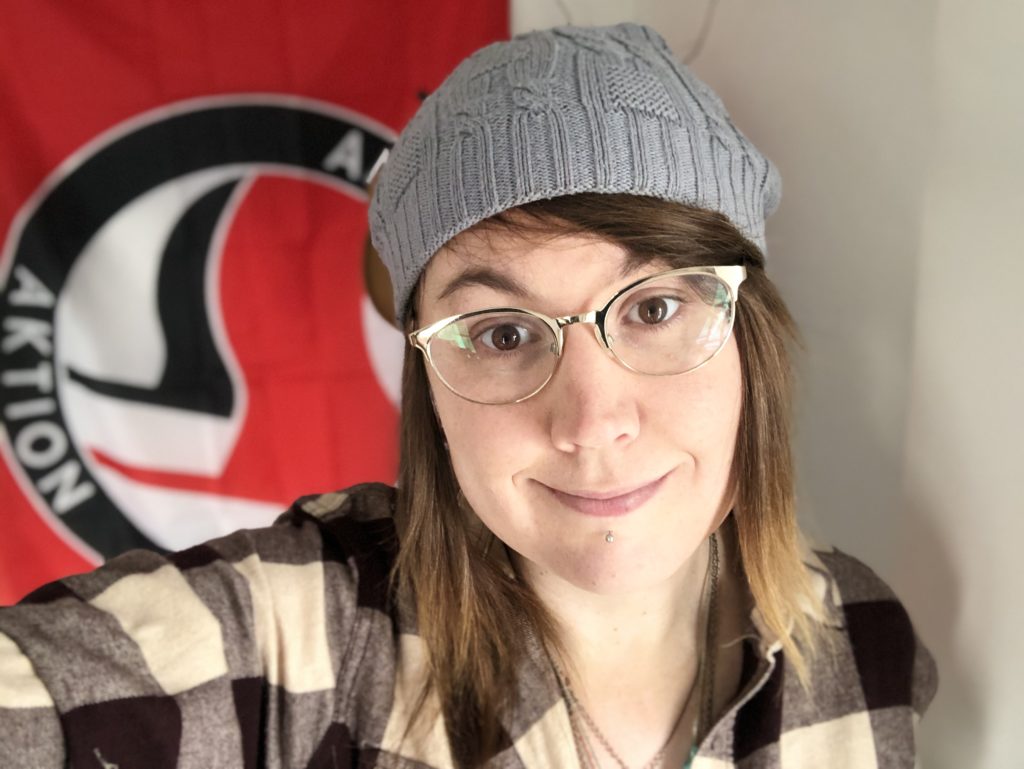
Madeline Zaystoff
Technoculture, Art and Games
Madeline is a first year student in the Computation Arts program. She is working on interactive media development with a focus on horror, comedy, queer narratives.
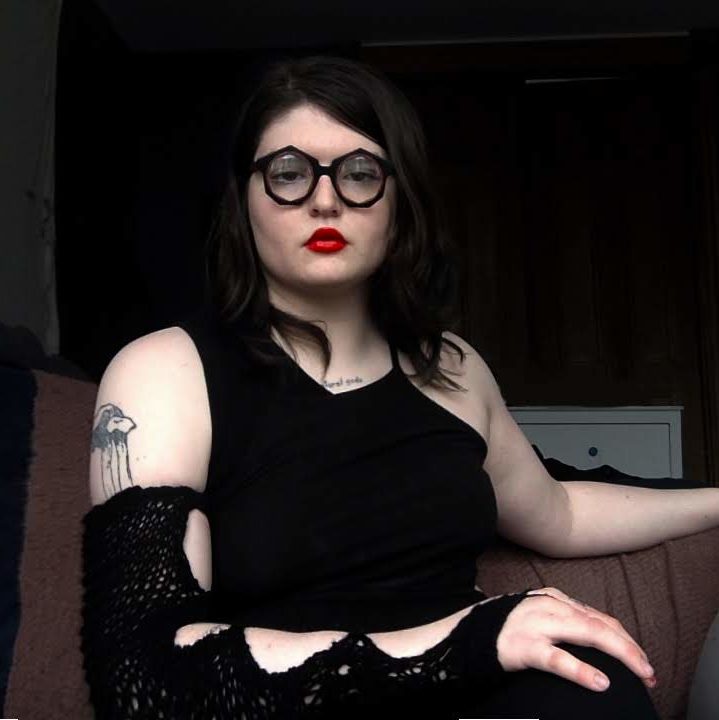
jacqueline beaumont
Textiles and Materiality
jacqueline describes herself as an interdisciplinary bioartist, witch, and transhumanist. Her work investigates queer ecology, transgender fertility, and genetics. She scrolls her body across a bed of broken glass, searching for the final gasp, under the weight of a dying world. With a background in synthetic biology and material practices, she utilizes the wonder, resilience and hopelessness of the biological world, to illustrate a speculative view of life within the Anthropocene and possible futurities beyond its grasp.
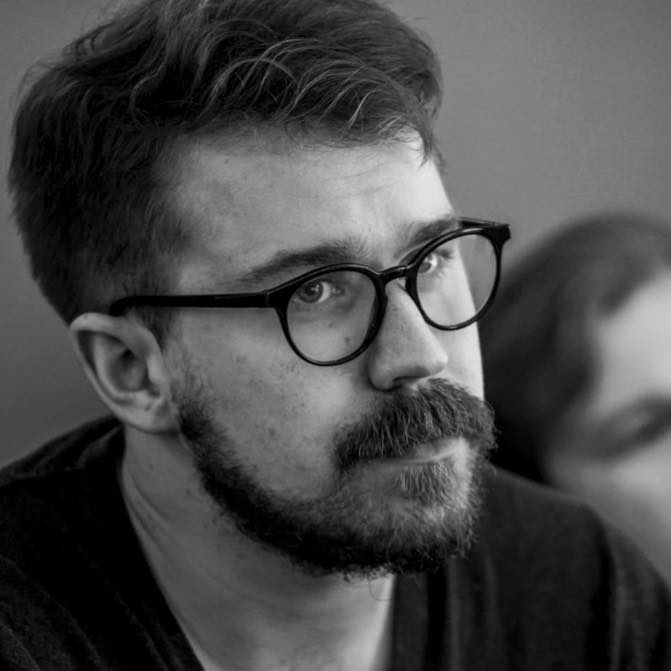
Martin Hanses
Technoculture, Art and Games
Martin is a Finnish narrative designer and indie developer who spends most of his time writing branching dialogue, odd jokes, and Dungeons and Dragons modules. He has an unhealthy addiction to Tetris and a perfectly healthy love of salted licorice.
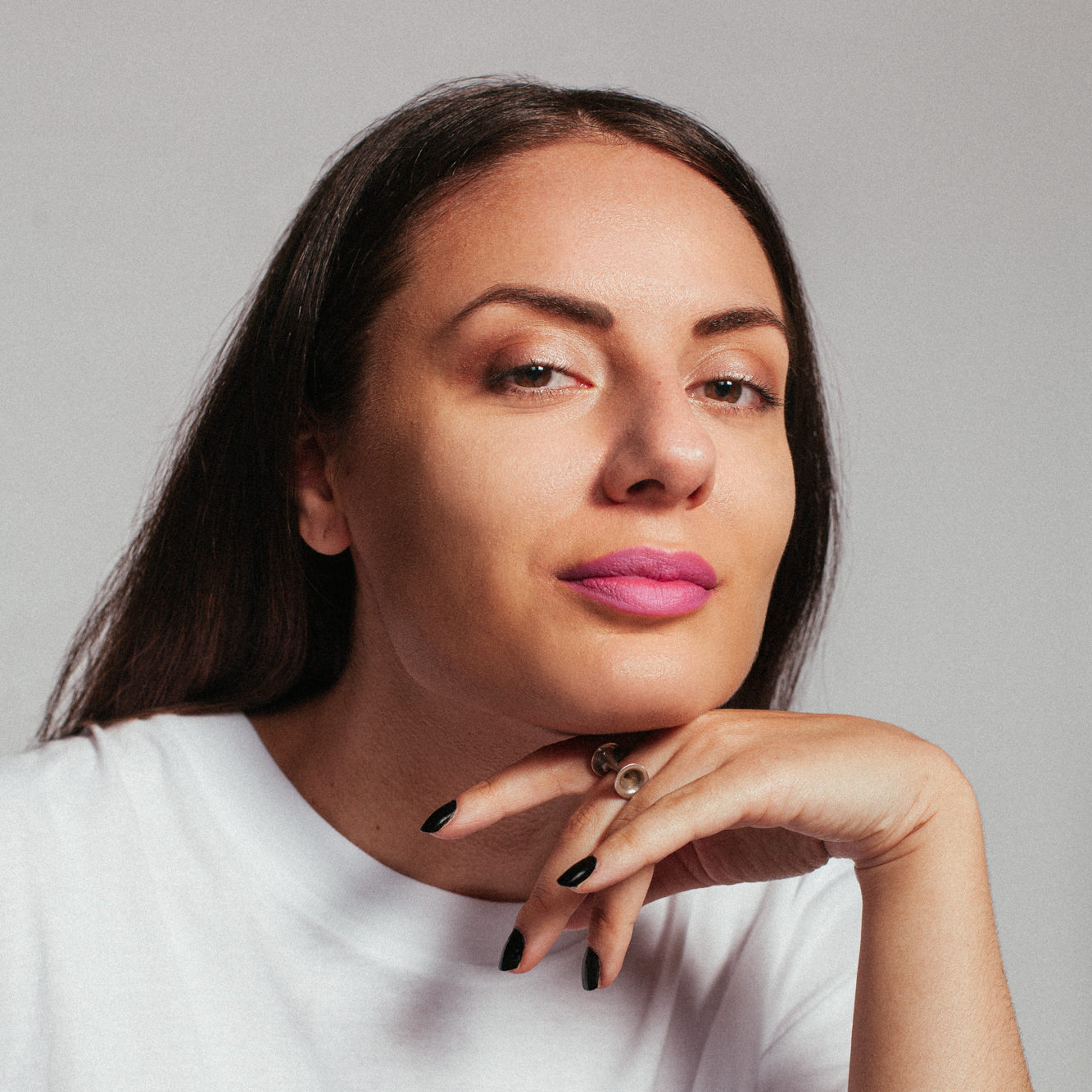
Shirley Ceravolo
Indigenous Futures
Shirley (Swarm) is in her third year of the Fibres & Material Practices program. Her primary focus as an artist is making artistic inquiries into astrophysical concepts (from micro to macro). She is working on an interdisciplinary research-creation practice coined ‘AstroFibres,’ which investigates the structure, nature, and materiality of the universe using contemporary and traditional textile practices as a method of astronomical observation.
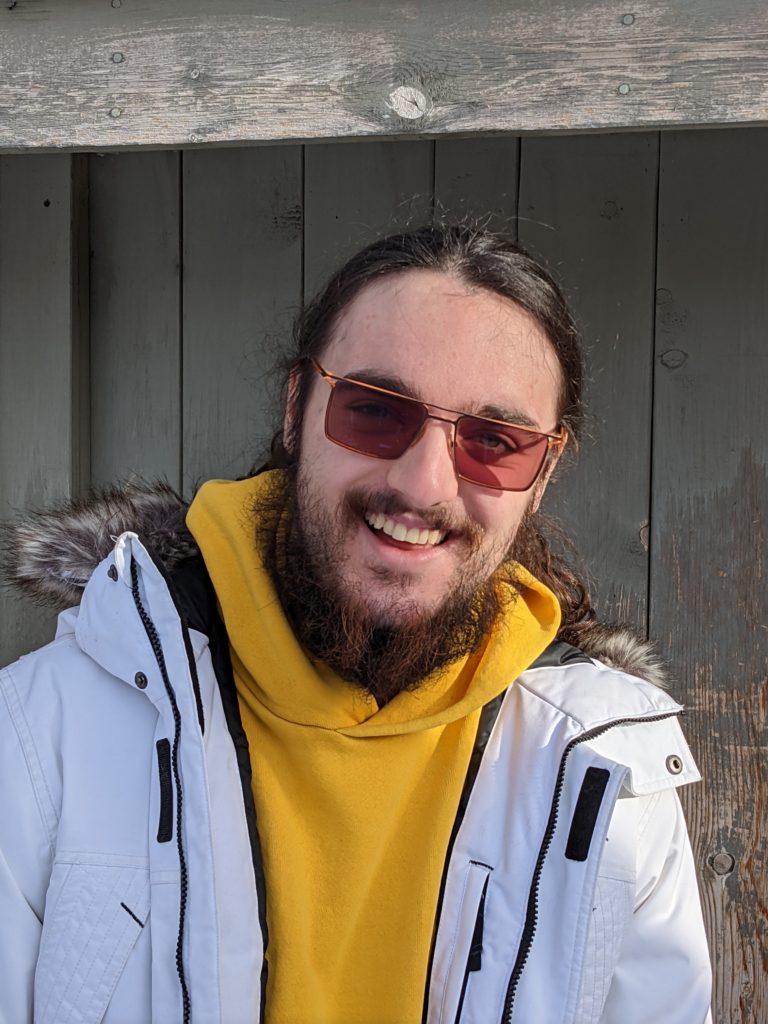
Charly Yan Miller
Post Image
Charly models spaces, sculpts figures, architects code, writes words, and edits design docs to make and think about video games. He is interested in the emergence and reception of walking simulators as a subversive genre in the industry. Charly loves letting digital techniques and realities guide the direction of his work. Most recently, he created a graphics framework in OpenGL, generating visual metaphors which explored the effects of the webcam’s gaze on domestic spaces.
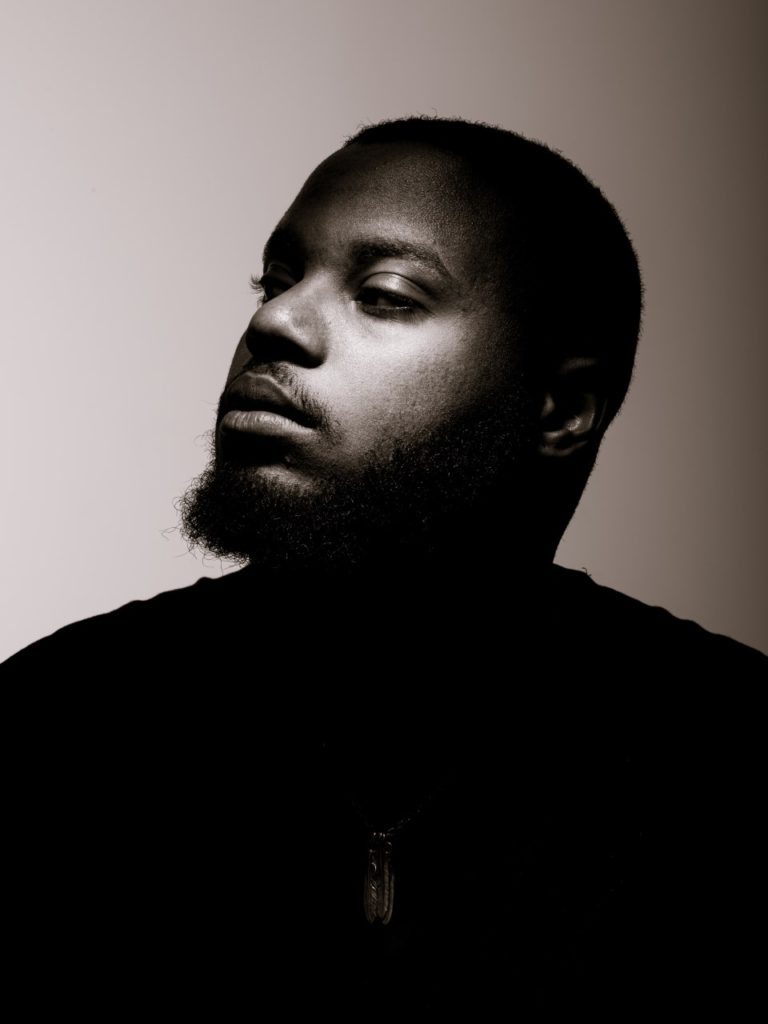
Ayodele Mzilikazi
Post Image
Ayodele is enrolled in the Fine Art Major in Photography program. He has hopes of continuing on to do a Masters in photography to pursue a professional career as an artist. Some of his work can be now found across various digital and social media platforms. Ayodele has focused on photographic concepts, pursuing representation, and dissemination of the Black diaspora.
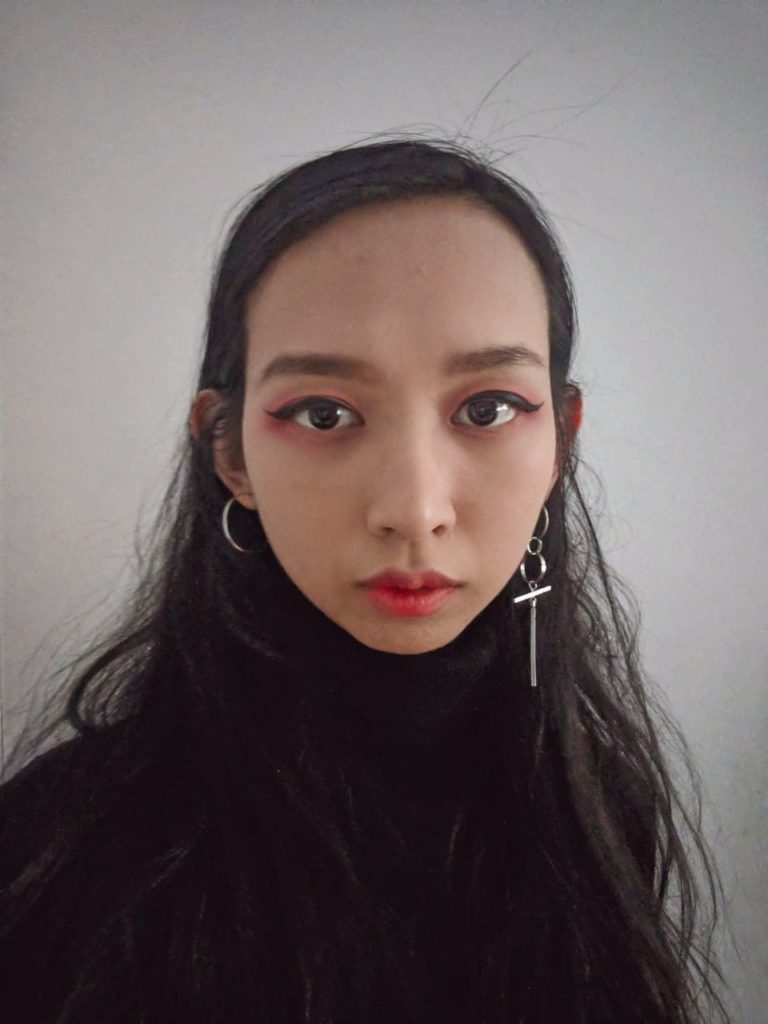
Leanne Kate Suen Fa
Technoculture, Art and Games
Leanne Kate (Pharm. D.) is a licensed pharmacist with experience in community pharmacy and geriatric rehabilitation. Her interest in digital health technologies and accessible design led her to Concordia where she is a third year Design student.
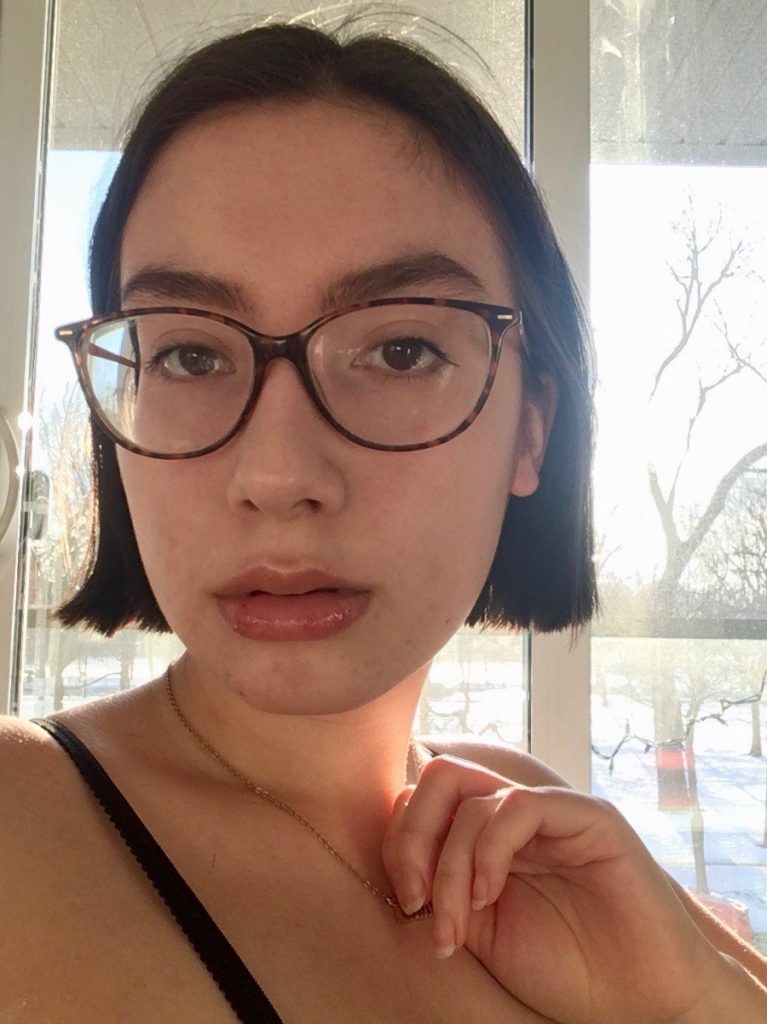
Leah Watts
Textiles and Materiality
Leah is a visual artist whose work is informed by her mixed James Bay Cree and White settler identity. She explores memory, the transmission of knowledge, and Cree oral tradition through drawing, paper making, performance, and beadwork.
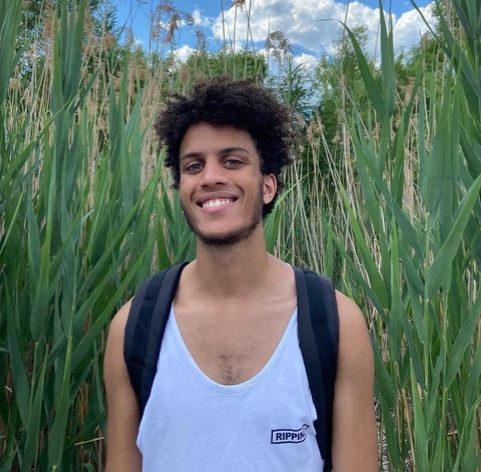
Quin Green
LePARC
Quin is studying to be a playwright and performance artist, engaging with avant-garde theatre-making techniques using space-specific text, authentic movement, and various forms of poetry, in considering the semiotics of performance. His aim is towards staging pragmatic representations of identity and counter-perspectives to global historiography, through subjectivity intersecting with Black and queer lenses.
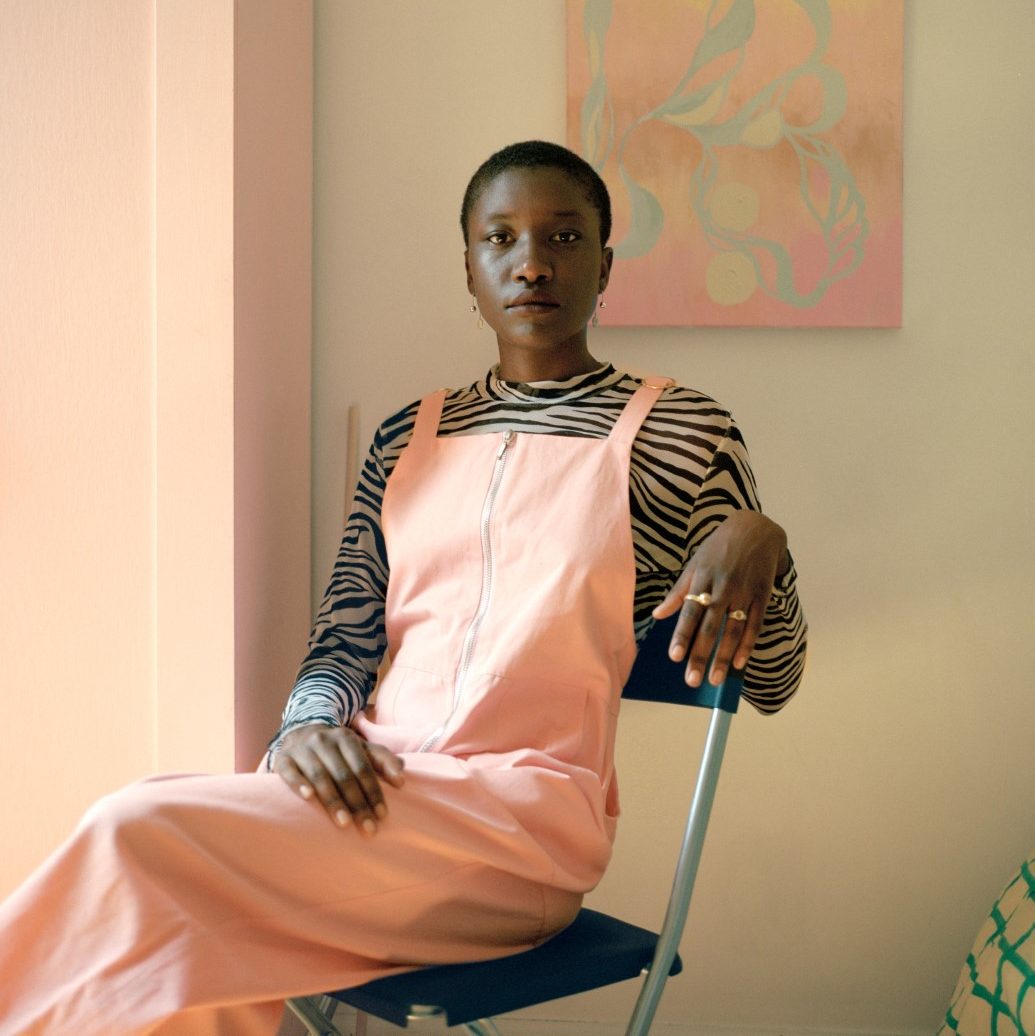
Shaya Ishaq
Textiles and Materiality
Shaya is a first generation Kenyan-Ugandan and (afro)futurist who often thinks about her place in the diaspora and existence here on Turtle Island. Through design, form, and storytelling she creates work that animates spaces to foster potential dialogue around the nuance of her positionality. She is interested in the liminality of rites of passages and translates the feelings associated with it by way of abstract materiality and meditative processes such as weaving, felting, and hand built ceramics.
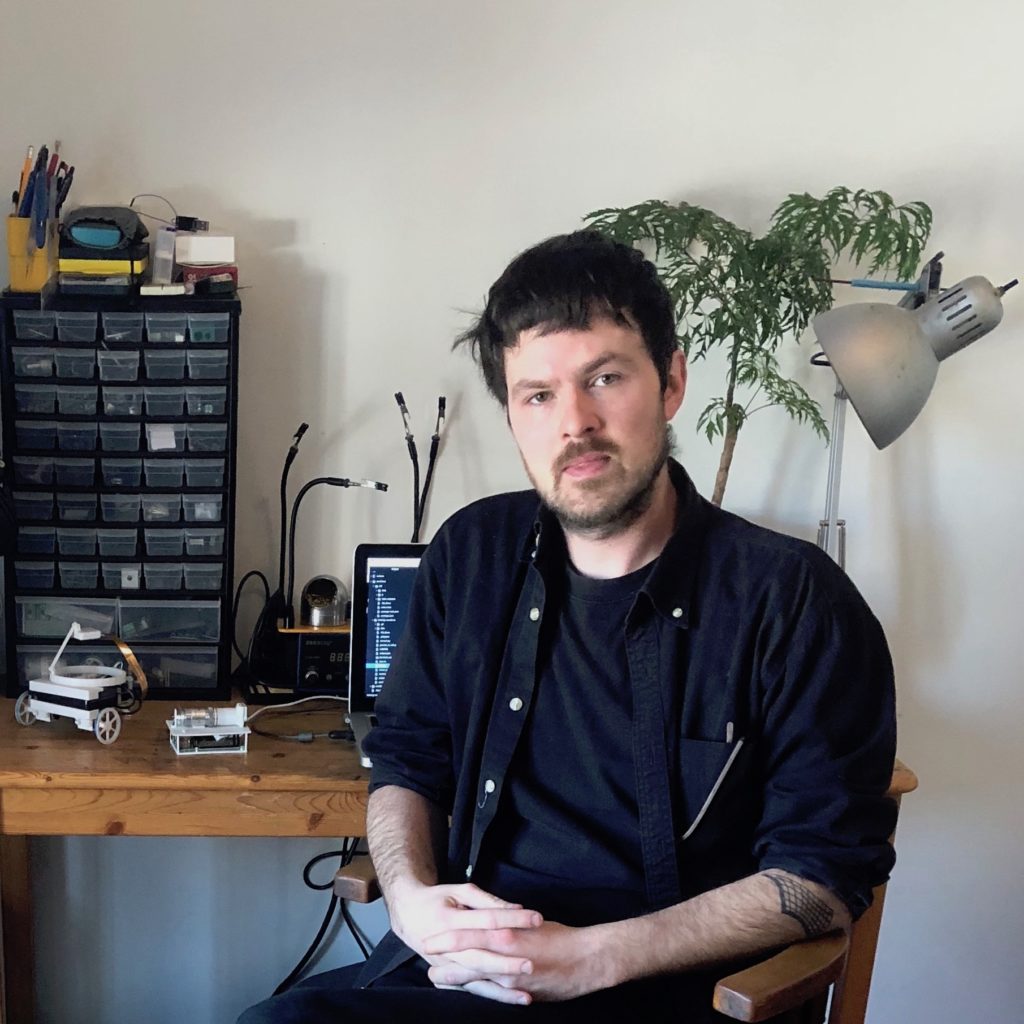
Philippe Vandal
Speculative Life
Philippe is in his third year of the Intermedia Cyber Arts program. Somehwere between bioartist and a creative programmer, Philippe is interested in merging robotics and machine learning algorithms with biological agents, such as plants and mycorhizal fungi. He has recently been fascinated by bioremediation interventions in salt-saturated soils, and how it can possibly be translated into the materiality of language.
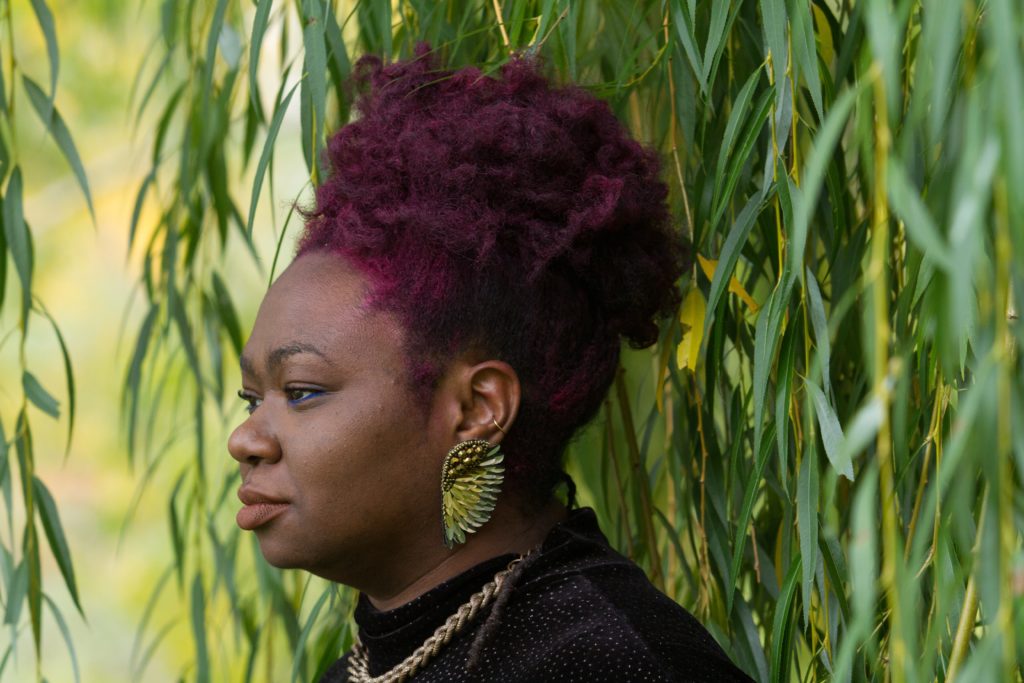
Elena Stoodley
LePARC
Elena Stoodley is a singer, author, songwriter and sound designer half of the time, the remaining being spent in community organizing. Born in Tio’tia:ke, Montreal, she often blends her passion for social justice and black liberation with her art practices. She studied Creative Writing and Electroacoustic music and performed her music internationally, including in Cameroon and in the Republic of Congo. She sometimes gives workshops or consults on topics of antioppressive work practices and intersectional inclusion. Her most recent sound design work was shown in the plays, The Mountaintop, the Rootless tree, Manman LaMer, Black Out (nominated for oustanding sound design for the META’s – Montreal English Theatre Awards) and currently working on Habibi’s Angel’s with Talisman Theatre.

